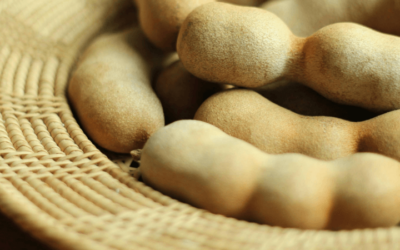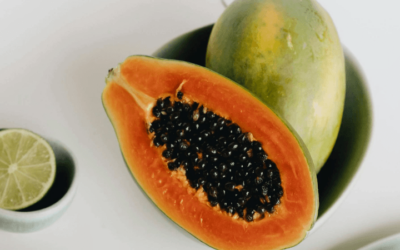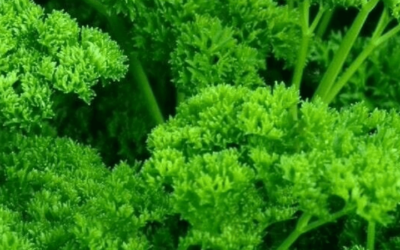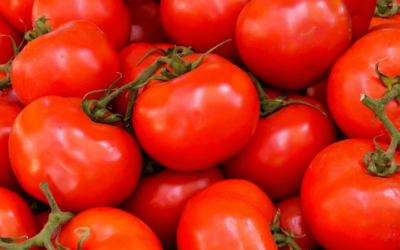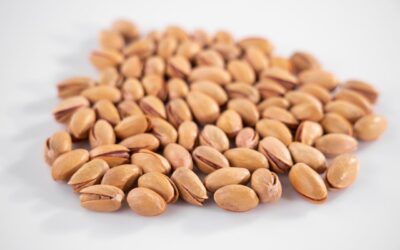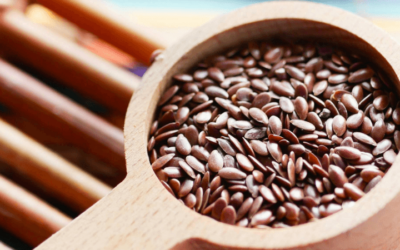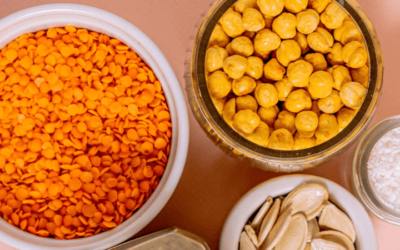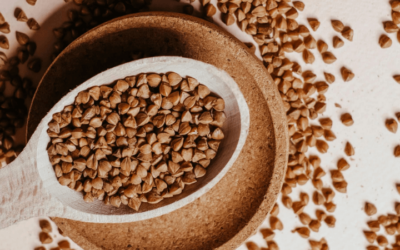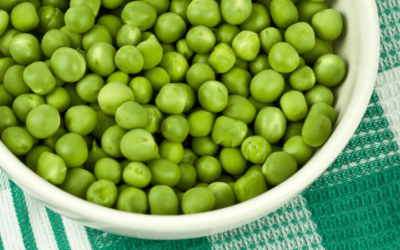Blog
Tamarind Allergy: Signs & Symptoms
Medically reviewed by Sian Baker, Dip ION mBANT mCNHCon April 9, 2024. To give you technically accurate, evidence-based information, content published on the Check My Body Health blog is reviewed by credentialed professionals with expertise in medical and bioscience...
Papaya Allergy: What to Know
Medically reviewed by Sian Baker, Dip ION mBANT mCNHCon April 9, 2024. To give you technically accurate, evidence-based information, content published on the Check My Body Health blog is reviewed by credentialed professionals with expertise in medical and bioscience...
Buffalo Allergy: Signs, Symptoms and Alternatives
A buffalo allergy means your body has an adverse reaction to consuming buffalo meat or products containing it. Symptoms can range in severity from mildly unpleasant, like itchy skin or stomach discomfort, to more serious reactions like breathing difficulties or, in rare cases, anaphylaxis. In this post, we’ll delve into the signs of a buffalo allergy, how frequently they occur, and which foods to avoid if you suspect you have this allergy.
Asparagus Allergy: What to Know
Explore effective management, living tips, and prevention strategies for asparagus allergy in adults, infants, and children.
Parsley Allergy: Signs, Symptoms and Options
Discomfort after eating parsley? Learn if an allergy or intolerance is to blame. Learn the signs, how to get tested, and what foods to avoid.
Nightshade Intolerance: Symptoms, Causes, and How to Find Relief
Medically reviewed by Sian Baker, Dip ION mBANT mCNHCon April 2, 2024. To give you technically accurate, evidence-based information, content published on the Check My Body Health blog is reviewed by credentialed professionals with expertise in medical and bioscience...
Lactose Intolerance and Headaches: Could Dairy Be the Trigger?
Tired of headaches after eating dairy? Discover if lactose intolerance could be the culprit and find solutions for lasting relief.
Food Intolerances and Bloating: Could Your Diet Be the Culprit?
Medically reviewed by GP Gareth James MBBS, DFFP, DRCOG, MRCGP on December 3, 2023. To give you technically accurate, evidence-based information, content published on the Check My Body Health blog is reviewed by credentialed professionals with expertise in medical and...
Okra Allergy: What to Know
Medically reviewed by Sian Baker, Dip ION mBANT mCNHCon March 26, 2024. To give you technically accurate, evidence-based information, content published on the Check My Body Health blog is reviewed by credentialed professionals with expertise in medical and bioscience...
Shiitake Mushroom Allergy: What to Know
Medically reviewed by Sian Baker, Dip ION mBANT mCNHCon March 26, 2024. To give you technically accurate, evidence-based information, content published on the Check My Body Health blog is reviewed by credentialed professionals with expertise in medical and bioscience...
Pistachio Nut Allergy: Signs and Symptoms
Medically reviewed by Sian Baker, Dip ION mBANT mCNHCon March 25, 2024. To give you technically accurate, evidence-based information, content published on the Check My Body Health blog is reviewed by credentialed professionals with expertise in medical and bioscience...
Cooking Oil Allergies and Intolerances
Medically reviewed by Sian Baker, Dip ION mBANT mCNHCon March 8, 2024. To give you technically accurate, evidence-based information, content published on the Check My Body Health blog is reviewed by credentialed professionals with expertise in medical and bioscience...
Flaxseed allergy & symptoms of an allergic reaction
Medically reviewed by Sian Baker, Dip ION mBANT mCNHCon March 8, 2024. To give you technically accurate, evidence-based information, content published on the Check My Body Health blog is reviewed by credentialed professionals with expertise in medical and bioscience...
Rapeseed Oil Allergy: What You Need to Know
Medically reviewed by Sian Baker, Dip ION mBANT mCNHCon March 7, 2024. To give you technically accurate, evidence-based information, content published on the Check My Body Health blog is reviewed by credentialed professionals with expertise in medical and bioscience...
Seaweed Allergy – Signs, Treatments & Tests
Medically reviewed by Sian Baker, Dip ION mBANT mCNHCon March 7, 2024. To give you technically accurate, evidence-based information, content published on the Check My Body Health blog is reviewed by credentialed professionals with expertise in medical and bioscience...
Allergies to Pumpkin: What to Know
Medically reviewed by Sian Baker, Dip ION mBANT mCNHCon February 20, 2024. To give you technically accurate, evidence-based information, content published on the Check My Body Health blog is reviewed by credentialed professionals with expertise in medical and...
Green Bean Allergy: Symptoms, Signs & Tests
It is possible to have a Green Bean Allergy or Food Intolerance. Click-through to read about the common symptoms and available tests.
Can you be allergic to Lentils?
Yes, it is possible to be allergic to lentils. Click-through to learn about common symptoms and available allergy and intolerance tests.
Buckwheat Allergy: Signs, Symptoms & Tests
Concerned that you may have a Buckwheat Allergy? Learn the signs and symptoms to look out for and how to test for a Buckwheat Allergy.
Pea Allergies: Understanding Symptoms, Testing, and Alternatives
Medically reviewed by Sian Baker, Dip ION mBANT mCNHCon January 19, 2024. To give you technically accurate, evidence-based information, content published on the Check My Body Health blog is reviewed by credentialed professionals with expertise in medical and...
Order your test
We believe that in providing you with your test results and relevant information in each section, your results can form the beginning of a journey, enabling you to make positive changes to your daily diet and environment.

